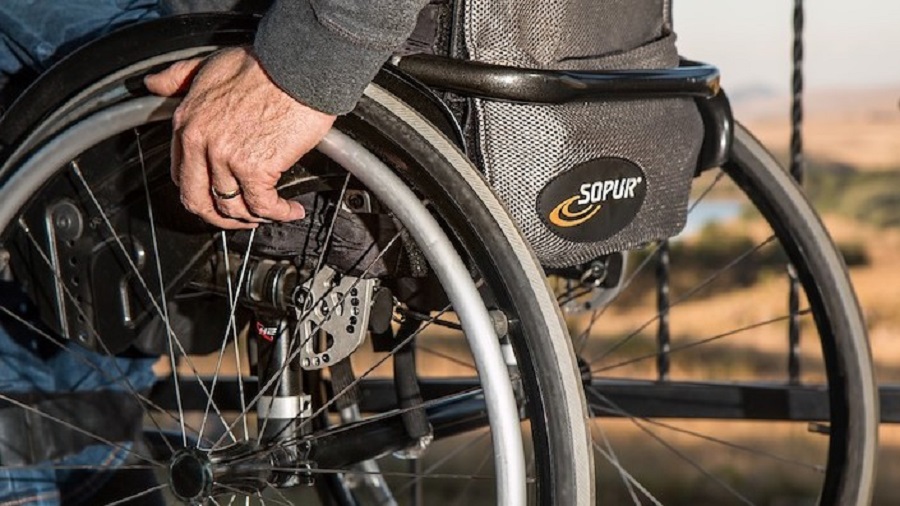
NEW YORK – Advocates for people with disabilities are calling the settlement of two class-action lawsuits in New York City “historic.”
The agreement is good news for members of the city’s disability community, who have struggled with missing or deteriorating curb cuts, missing detectable traffic warnings and ramps that are too steep. The Center for Independence of the Disabled New York joined with Disability Rights Advocates in filing one of the lawsuits five years ago.
Almost 30 years after passage of the Americans with Disabilities Act, said Susan Dooha, CIDNY’s executive director, this settlement sets an important example for jurisdictions around the country.
“Sometimes, the way to get across the street is through the courtroom,” she said. “For people who are blind or who use walkers and wheelchairs, it shouldn’t be necessary to take your life into your own hands when you’re crossing the street.”
Under the settlement, the city agreed to conduct a citywide survey of corners, prepare a schedule for necessary work and undergo oversight by a third-party monitor. The agreement also settled a 1994 lawsuit filed on behalf of an organization now known as the Eastern Paralyzed Veterans Association, soon after passage of the ADA.
Dooha said she hopes it will serve as a model for other cities.
“There are very few precedents for settlement agreements that are this detailed,” she said, “and we’re excited to begin the work of bringing about real change.”
Eight other disability-rights organizations participated in negotiations and have signed on to the agreement.
Too often, Dooha said, poorly maintained or missing curb cuts put people who use wheelchairs or walkers at risk of falling or being stranded in traffic.
“I hope that this agreement will also put cities on notice that they need to make streets safer and reduce traffic fatalities for people with disabilities,” she said.
Curb cuts also are vital safety features for people with strollers, luggage carriers and people delivering packages, Dooha said.
More information is online at dralegal.org.



Comments are closed.